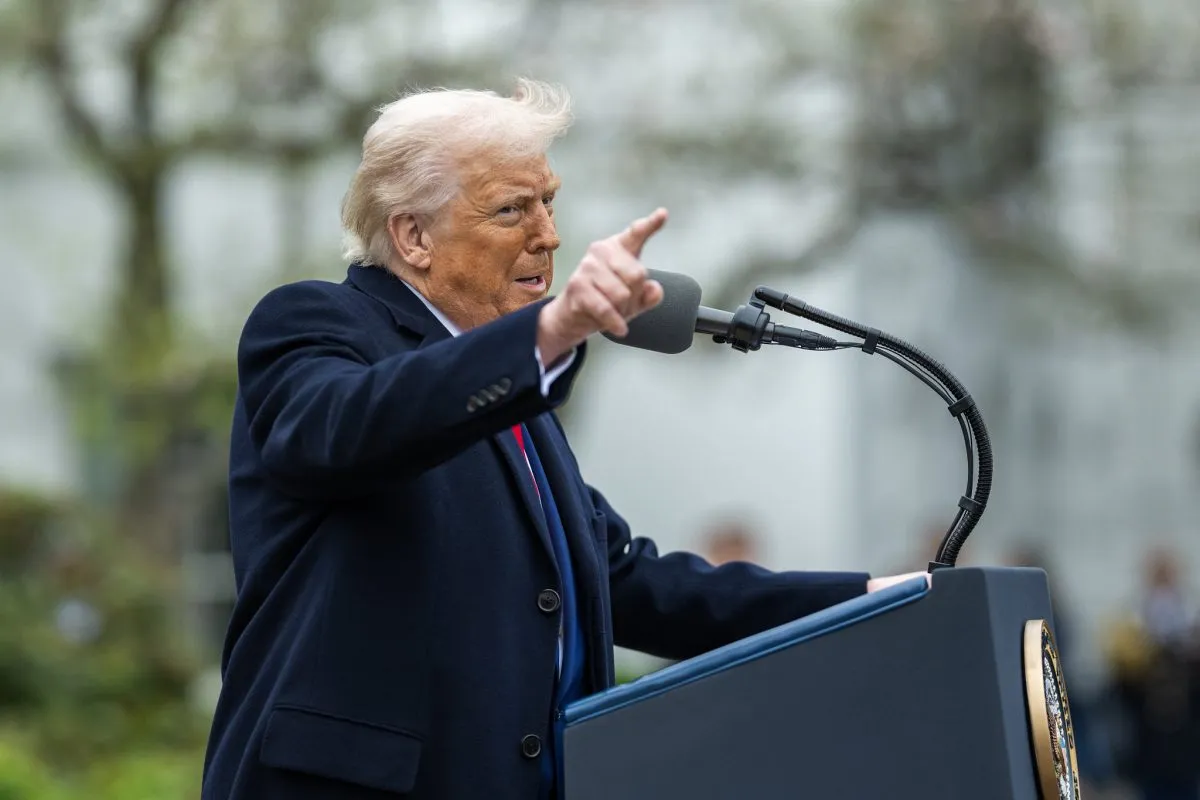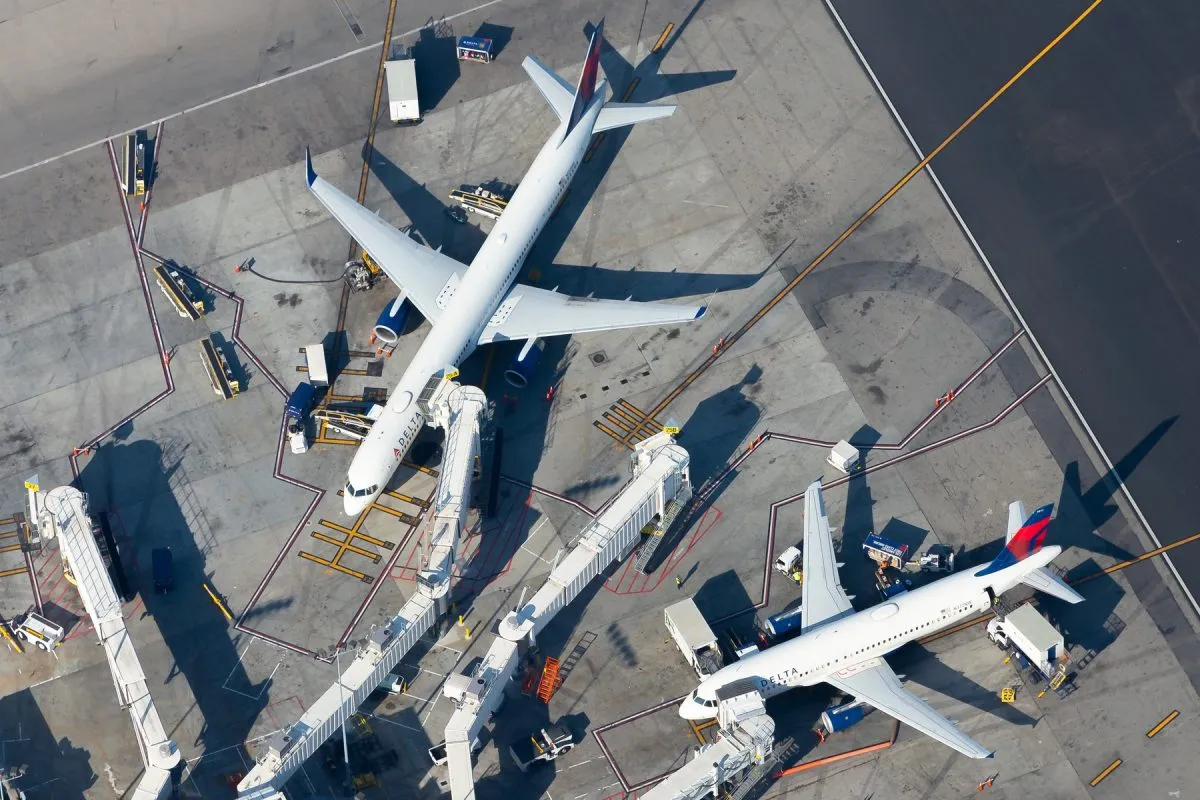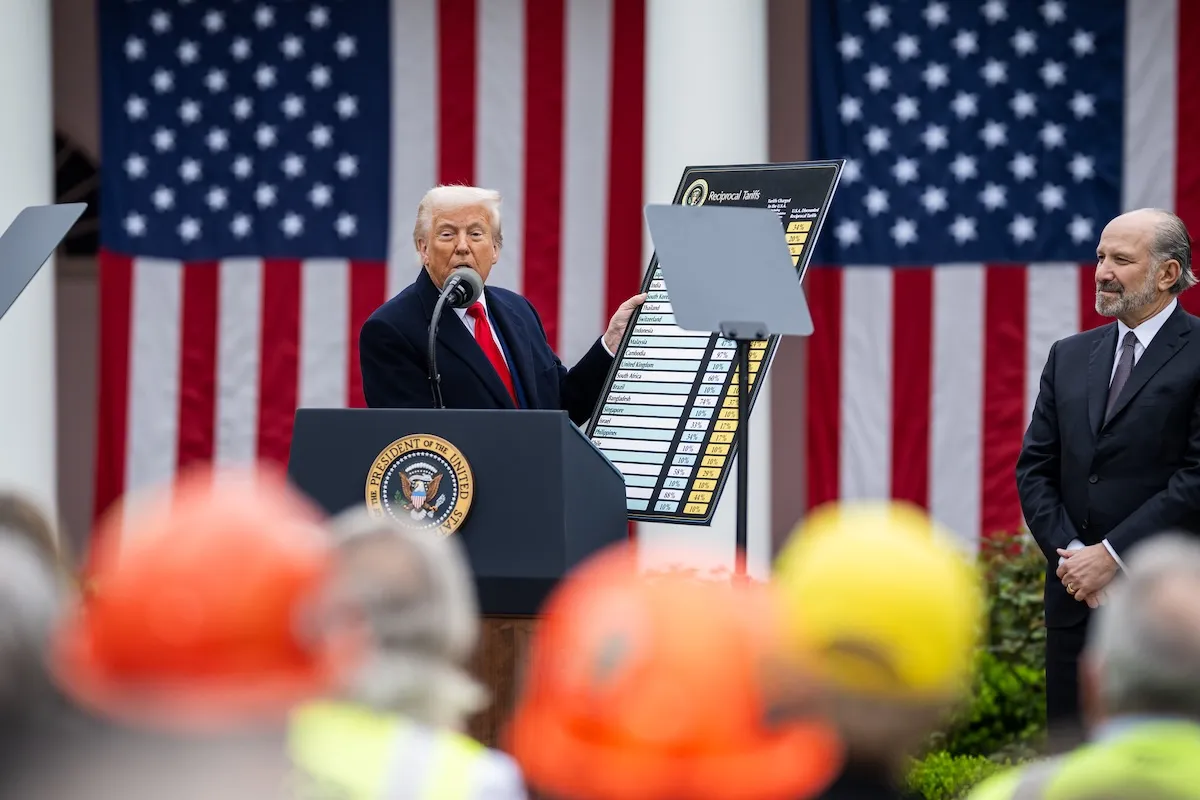Airlines Say Early Vaccine Transports Are Moving Smoothly
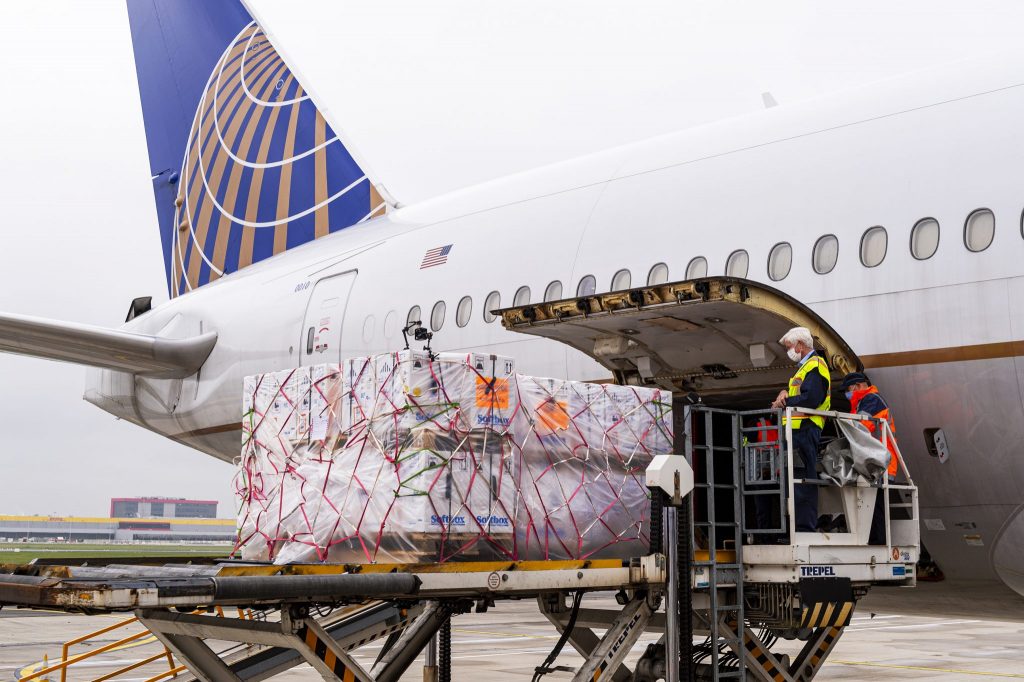
Skift Take
Most of the U.S.'s largest airlines earlier this week began transporting coronavirus vaccines to their critical destinations, and by most accounts, it's gone off without a hitch as the country watched the doses of the potentially lifesaving vaccine reach the first Americans.
Airlines, citing security concerns, didn't specify how much, or from where, they are transporting vaccines. In fact, security concerns were among the International Air Transport Association's (IATA) top worries as the industry geared up to distribute the vaccines.
“Vaccines are highly valuable commodities. Arrangements must be in place to ensure that shipments remain secure from tampering and theft," IATA Director General Alexandre De Juniac said. "Processes are in place already, but the huge volume of vaccine shipments will require early planning to ensure that they are scalable.”
Transporting vaccines is not only a public service, but a valuable new revenue stream for airlines struggling with a collapse in business and leisure travel, and has proven lucrative enough for airlines to return to service aircraft that have been mothballed in desert storage locations.
“United is the first commercial airline to fly the first FDA-authorized Covid-19 vaccines to the U.S. thanks to a coordinated effort between cargo, safety, technical operations, flight operations and several other teams at United. On behalf of Pfizer, United operated five cargo-only flights in early December delivering Covid-19 vaccines from Brussels to Chicago,” an airline spokesperson Rachael Rivas said in a statement to Skift.
Besides operating cargo-only flights to transport the vaccine, United is also now making use of passenger flights in coordination with its shipping and logistics partners to distribute even more treatments to destinations within their network, Rivas added.
Of the major U.S. commercial airlines Southwest is the only one not taking part in the distribution of the Pfizer/BioNTech mRNA, a synthetic vaccine which requires extreme frigid conditions to survive. Although Southwest provides cargo services, it is not a big cargo carrier.
“Pfizer’s vaccine was recently approved, and several airlines are participating in the transportation of the vaccine as distribution begins. Southwest Cargo, however, is not currently involved with the movement of the Pfizer vaccine due to specific temperature requirements,” Southwest Airlines spokesperson Dan Landson told Skift.
While they aren’t part of the initial vaccine distribution, Southwest said it is hoping to be able to transport vaccines in the near future.
Southwest is working with freight forwarders and couriers to ensure it has the capability to transport vaccines in the near-term, Landson added.
American Airlines shipped its first doses of the vaccine on a Boeing 777-200 from Chicago to Miami and onto a U.S. territory in the Caribbean.
“The American team is proud to be a part of the critical effort to get lifesaving vaccine safely and quickly to people around the world,” said American Airlines Cargo President Jessica Tyler. “We were able to mobilize within hours of getting the call to move thousands of doses."
American said it began conducting trial flights in November to simulate the conditions required to transport the Covid-19 vaccine, stress testing the thermal packaging and operational handling process to ensure it remains stable in transit.
Delta Air Lines has capabilities in place to support vaccine shipments at home and around the world with large warehouses and cooler facilities in Atlanta, Detroit, Los Angeles, New York-JFK and Seattle, and a network of 49 certified pharma airports across the globe, including a global distribution in partnership with Air France, KLM, Martinair Cargo, and Virgin Atlantic Cargo, said spokesperson Kate Modolo.
"Effective and rapid distribution of the vaccines as they reach final approvals is one of the most critical elements in containing the virus," said Rob Walpole, Delta Cargo vice president. “That's why we created a vaccine task force months ago charged with understanding requirements and working with healthcare and pharmaceutical experts, building scalable solutions to support the industry."
Cargo logistical giants FedEx and United Parcel Service (UPS) are also playing a big part in the distribution of the Pfizer/BioNTech mRNA vaccine.
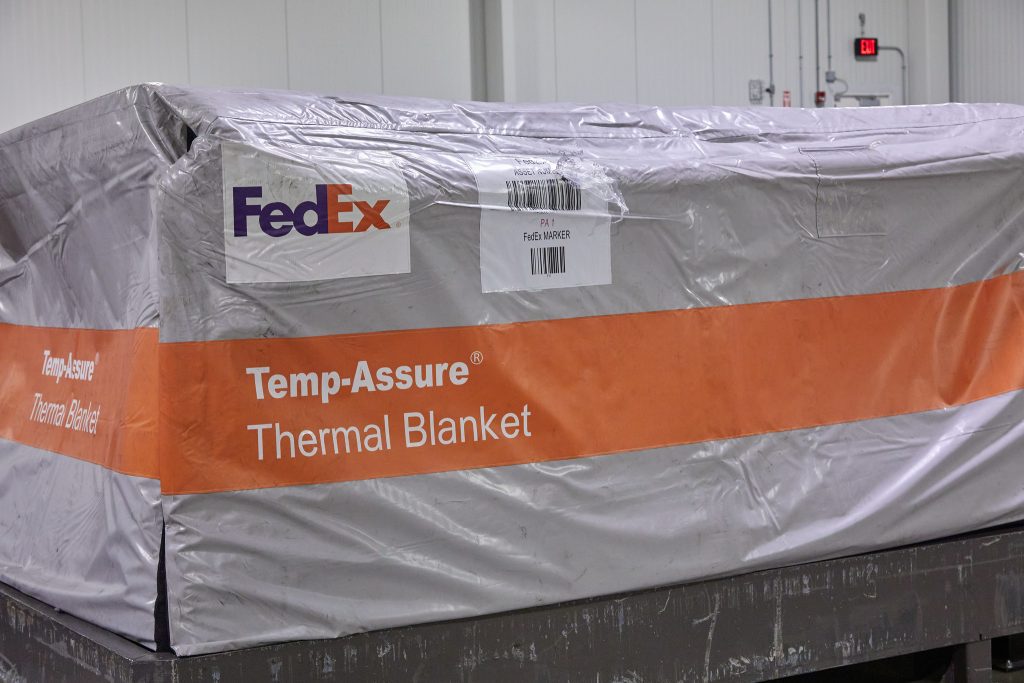
Pfizer/BioNTech Vaccines at FedEx facility preparing for shipment in the appropriate temperature requirements.
"While we cannot confirm specific routes or destinations due to safety and COVID-19 concerns, I can confirm we delivered all of our vaccine shipments today before commitment time,” said Davina Cole, a FedEx spokesperson.
FedEx said the information about the package is as important as the package itself as it moves through the network. FedEx SenseAware ID, a Bluetooth low-energy sensor device, will be affixed to vaccine shipments, helping to ensure these temperature-sensitive deliveries move swiftly and safely through its U.S. network with Priority Overnight service.
These sensor devices will allow dedicated FedEx Priority Alert customer support agents to use monitoring technology to track the location of vaccine shipments in near real-time. This technology is complemented by the FedEx Surround platform, which leverages artificial intelligence and predictive tools to proactively monitor conditions surrounding the packages, allowing customer support agents to intervene if weather or traffic delays threaten to impede delivery times .
UPS said deployments began within 24 hours after the federal authorization to distribute the vaccine.
“This is the moment of truth we’ve been waiting for at UPS,” said Wes Wheeler, president of UPS Healthcare. “We have spent months strategizing with Operation Warp Speed officials and our healthcare customers on efficient vaccine logistics, and the time has arrived to put the plan into action.”
UPS said Pfizer/BioNTech Covid-19 vaccines will originate from storage sites in Michigan and Wisconsin and will be transported to UPS Worldport facilities in Louisville, where they will be expedited Next Day Air to select destinations, including hospitals, clinics and other medical facilities, to inoculate healthcare workers.
“This is a historic moment and represents a monumental feat for vaccine development and expedient deployment,” said Pfizer Global Supply President Mike McDermott. "Outstanding logistics is critical to get our products to those who need them across the country ... in this historic effort to save lives and put an end to Covid-19 pandemic.”

